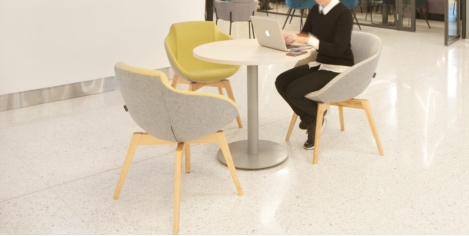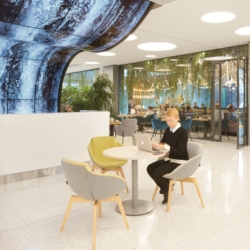August 4, 2022
ESG: only a third of people think their workplace has a positive impact on society and the environment
 According to a poll from YuLife and YouGov, just over a third (39 percent) of people think their place of work has some sort of positive impact on society and the planet. This is in spite of the many announcements from organisations about how ESG (environmental, social, and corporate governance) can boost employee engagement and help them stand out from their competitors. With many businesses having upped their ESG investment in recent years, the new YuLife-YouGov report claims to shed light on what UK working adults want and expect from their workplaces, equipping businesses with vital insights into how to focus their ESG programmes most effectively. (more…)
According to a poll from YuLife and YouGov, just over a third (39 percent) of people think their place of work has some sort of positive impact on society and the planet. This is in spite of the many announcements from organisations about how ESG (environmental, social, and corporate governance) can boost employee engagement and help them stand out from their competitors. With many businesses having upped their ESG investment in recent years, the new YuLife-YouGov report claims to shed light on what UK working adults want and expect from their workplaces, equipping businesses with vital insights into how to focus their ESG programmes most effectively. (more…)





































July 28, 2022
Personal space is not merely an issue of hygiene, but a biological imperative
by Mark Eltringham • Comment, Wellbeing, Workplace design